-
Rusina glögissä
Made with PO-33 K.O!. All samples recorded with the built-in microphone.
*
-
Book review: On Being Nice by The School of Life
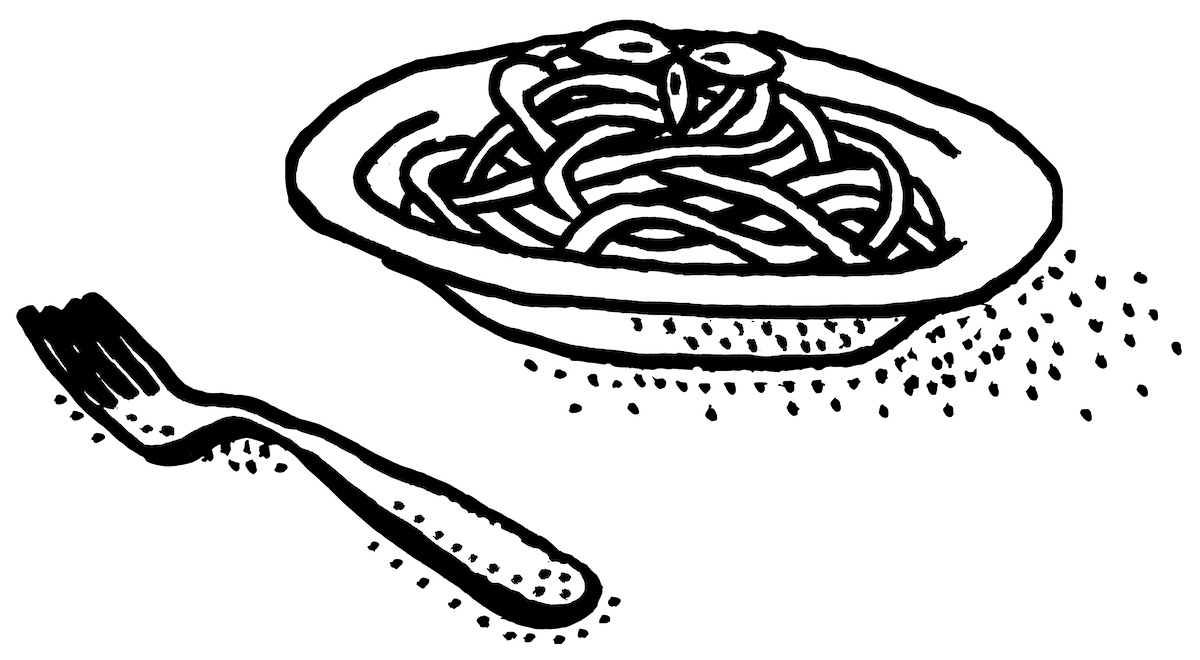
You meet people at a dinner party. The Bore goes on a lengthy rant about the quality of public health care. The Over-Friendly laughs at every joke and endorses every opinion. The Frank says they make tastier pasta in Tuscany. The Mean makes a joke about the shape of your nose. The Shy doesn’t talk to strangers. The Bragger boasts of having recent success in real estate investments.
Continue reading →*
-
Creamy dreamy green

Acrylic pour on canvas.
*
-
Book review: The Myth of Sisyphus by Albert Camus
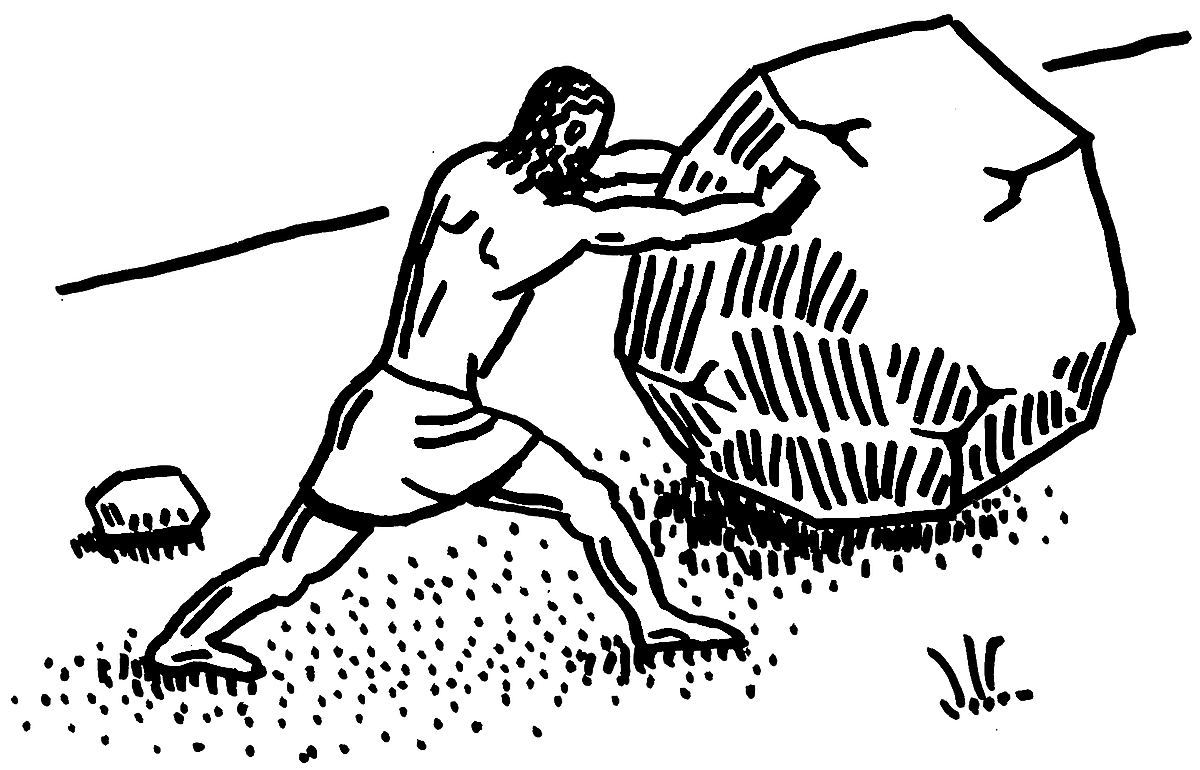
Continue reading →The gods had condemned Sisyphus to ceaselessly rolling a rock to the top of a mountain, whence the stone would fall back of its own weight. They had thought with some reason that there is no more dreadful punishment than futile and hopeless labor.
*
-
Book review: How to Do Nothing by Jenny Odell
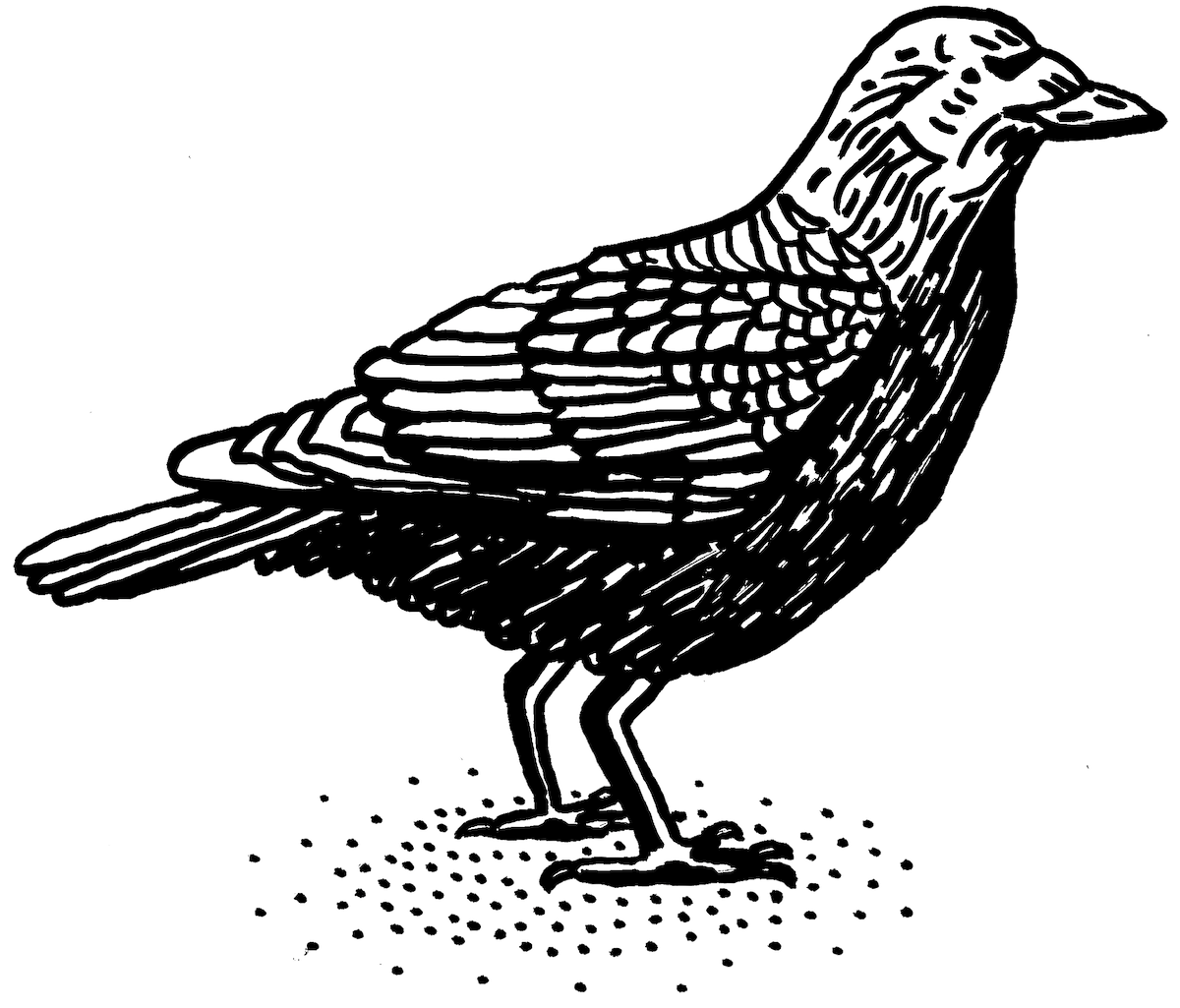
Why do nothing? We have just one life so why not optimize our productivity, maximize our social networks online, and allow algorithms to choose the most engaging content for us? Well, perhaps there’s something not captured by the capitalist notion of productivity. Maybe digital encounters between branded personalities are not the most fulfilling ones. And it could be that what makes content engaging is the anxiety, envy, and agitation it arouses.
Continue reading →*
-
Book review: Courage to Be by Paul Tillich
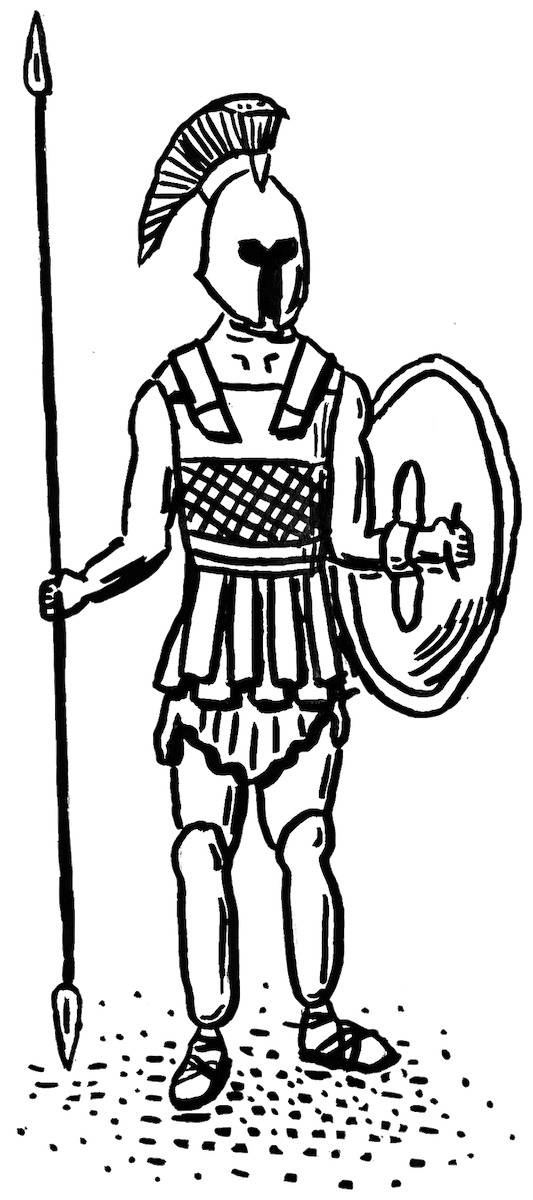
In Plato’s dialogue Laches, Socrates is trying to define courage with military general Nikias, who suggests it is the knowledge of “what is to be dreaded and what dared”. While not able to provide a better alternative himself, Socrates points out that acting truly courageously would then require a universal understanding of good and evil. The philosopher finds the explanation inadequate because it would make courage amount to all virtue while he maintains it should be just a part of virtue.
Continue reading →*
-
Book review: Crime and Punishment by Fyodor Dostoevsky
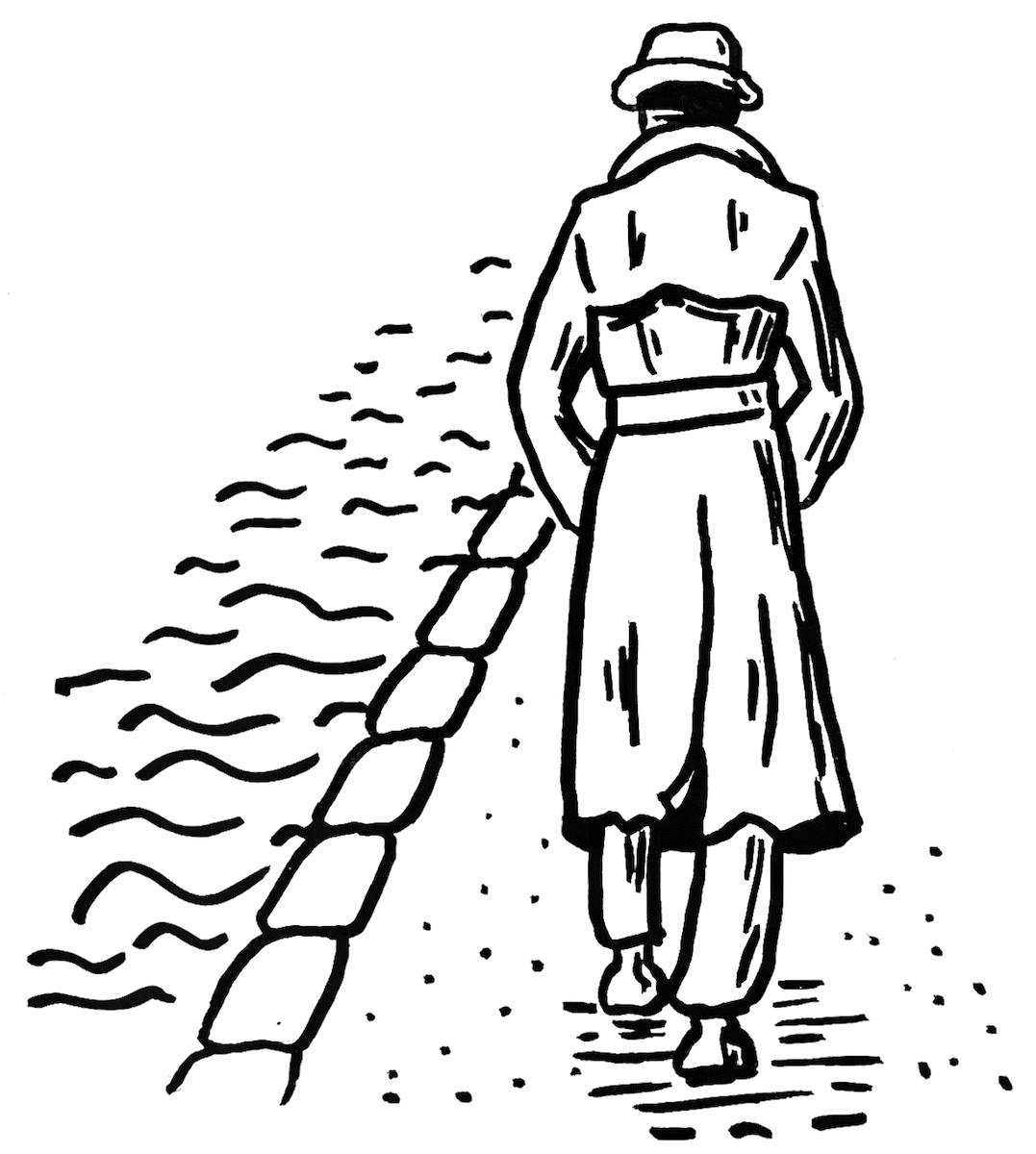
Rodion Romanovich Raskolnikov, a poor student living in St Petersburg, commits a crime. The motive is not immediately evident to the reader and also the offender is hesitant about it. What begins as a thought experiment progresses to preparations supposedly without intention and soon somehow starts to feel inevitable. At a point, Raskolnikov notices it’s too late to turn back.
Continue reading →